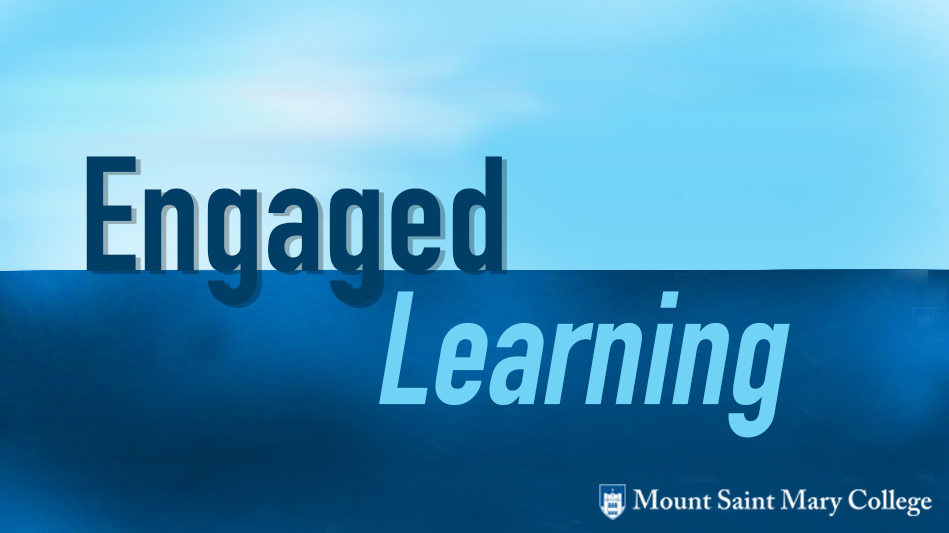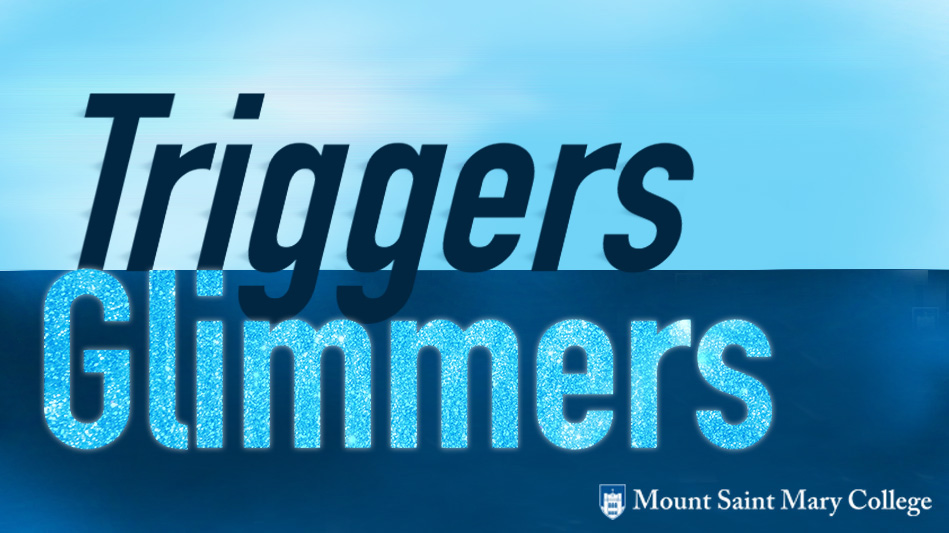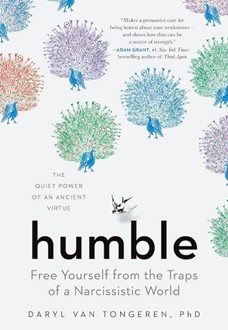by Lauren Scharff, Ph.D., U. S. Air Force Academy *
 It’s been three years since Improve with Metacognition (IwM) went live, but the glimmer of the idea started more than a year prior to that, and we still consider it a work in progress. The adventure started with a presentation on metacognition that Aaron Richmond and I gave at the Southwestern Psychological Association (SWPA) convention in 2013. We both had independently been working on projects related to metacognition, and decided to co-present in the teaching track of the conference. We had good attendance at the session and an enthusiastic response from the audience. I made the suggestion of forming some sort of online community in order to continue the exchange of ideas, and passed around a sign-up sheet at the end of the session.
It’s been three years since Improve with Metacognition (IwM) went live, but the glimmer of the idea started more than a year prior to that, and we still consider it a work in progress. The adventure started with a presentation on metacognition that Aaron Richmond and I gave at the Southwestern Psychological Association (SWPA) convention in 2013. We both had independently been working on projects related to metacognition, and decided to co-present in the teaching track of the conference. We had good attendance at the session and an enthusiastic response from the audience. I made the suggestion of forming some sort of online community in order to continue the exchange of ideas, and passed around a sign-up sheet at the end of the session.
I have to say that my initial idea of an online community was very limited in scope: some sort of online discussion space with the capability to share documents. I thought it would be super quick to set up. Well, the reality was not quite so easy (lol) and our ambitions for the site grew as we discussed it further, but with help from some friends we got it going just in time to unveil it at the SWPA 2014 convention. Along the way I pulled in our third co-creator, John Draeger, who helped shape the site and presented with us at the 2014 convention.
As Aaron mentioned in his reflection last week, during the past three years we have shared information about the site at a variety of conferences both within the United States and beyond. The response has always been positive, even if not as many people go the next step and sign up for updates or write guest contributions as we’d like. One common line of questioning has been, “This is fantastic! I am interested in doing something similar on the topic of X. How did you get it going?”
 We do hope that IwM can serve as a model for other collaboration sites, so here are a few things that stand out for me as I reflect on our ongoing efforts and the small glow we have going so far.
We do hope that IwM can serve as a model for other collaboration sites, so here are a few things that stand out for me as I reflect on our ongoing efforts and the small glow we have going so far.
- Partnerships are essential! John, Aaron, and I have some different skill sets and areas of expertise relevant to running the site, and our professional networks reach different groups. Further, with three of us running it, when life gets nuts for one of us, the others can pick up the slack. I can’t imagine trying to set up and maintain a site like IwM all on my own.
- Practice metacognition! The three of us periodically join together in a Skype session to reflect on what seems to be working (or not), and share ideas for new features, collaboration projects, etc. We use that reflection to self-regulate our plans for the site (awareness plus self-regulation –> metacognition). Sometimes we’ve had to back off on our initiatives and try new strategies because the initial effort wasn’t working as we’d hoped. A long-time saying I’m fond of is, “the only way to coast is downhill.” Any endeavor, even if wildly successful at first, will require some sort of ongoing effort to keep it from coasting downhill.
- Be open and provide an environment that supports professional development! (And realize this requires time and effort.) We want to encourage broad involvement in the site and provide opportunities for a wide variety of people interested in metacognition to share their ideas and efforts. We also hope to have a site that is viewed as being legitimate and professional. This balancing act has been most apparent with respect to the blog posts, because not everyone has strong writing skills. And, we believe that even those with strong writing skills can benefit from feedback. Thus, we provide feedback on every submitted post, sometimes suggesting only minor tweaks and sometimes suggesting more substantial revisions. The co-creators even review each other’s drafts before they are posted. As anyone who provides feedback on writing assignments or reviews journal articles knows, this process is a labor of love. We learn a lot from our bloggers – they share new ideas and perspectives that stimulate our own thinking. But, providing the appropriate level of feedback so as to clearly guide the revisions without squashing enthusiasm is sometimes a challenge. Almost always, at least two of the co-creators review each blog submission, and we explicitly communicate with each other prior to sending the feedback, sometimes combined and sometimes separate. That way we can provide a check on the tone and amount of feedback we send. Happily, we have received lots of thanks from our contributors and we don’t have any cases where a submission was withdrawn following receipt of our feedback.
Upon further reflection, my overall point is that maintaining a quality blog, resource, and collaboration site requires more than just getting people to submit pieces and posting articles and other resources. We hadn’t fully realized the level of effort required when we started, and we have many new ideas that we still hope to implement. But, on so many levels all the efforts have been worthwhile. We believe we have a fantastic (and growing) collection of blogs and resources, and we have had several successful collaboration projects (with more in the works).
 We welcome your suggestions, and if you have the passion and time to help us glow even brighter, consider joining us as either a collaboration-consultant or as a guest blogger.
We welcome your suggestions, and if you have the passion and time to help us glow even brighter, consider joining us as either a collaboration-consultant or as a guest blogger.
Lauren
* Disclaimer: The views expressed in this document are those of the authors and do not reflect the official policy or position of the U. S. Air Force, Department of Defense, or the U. S. Govt.




